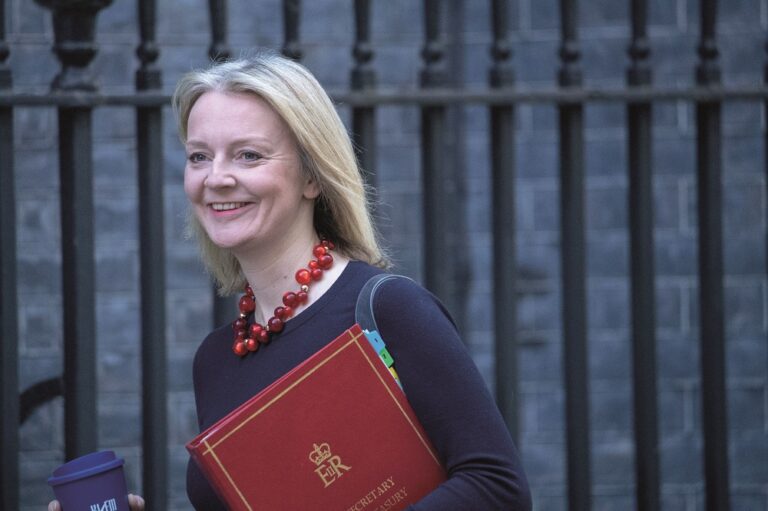International Trade Secretary Liz Truss has announced the government will extend the remit of Trade and Agriculture Commission (TAC), and place it on a full statutory footing, giving farmers a stronger voice in UK trade policy.
It comes after a sustained campaign from the NFU, who have lobbied that all post-Brexit trade deals receive proper scrutiny in parliament.
The Commission was initially launched for a six-month period in July to bring together voices from across the sector and report back to inform top-level trade policy and negotiations.
It will produce a report on the impact on animal welfare and agriculture of each free trade deal the government signs after the end of the EU transition period on January 1. This report will be laid in Parliament before the start of the 21-day scrutiny period under the terms of the Constitutional Reform and Governance Act.
The government said it would place farmers at the heart of its trade policy and would allow MPs access to independent and expert advice when reviewing the impact of each trade deal on farming.
NFU President Minette Batters said: “This significant commitment to primary legislation on food standards, both in the Agriculture Bill and Trade Bill, is exactly what we have been calling for. It is a landmark moment for the people of the UK, for our countryside and the future of the food on our plates.
“This decision means everyone who cares about our trading relationships with the rest of the world – MPs, stakeholders and the public – will see independent expert advice from the Trade and Agriculture Commission on future trade deals before they are ratified.
The commission will continue to report to Truss and will continue with the report it is currently producing, which will advise on:
- Trade policies the Government should adopt to secure opportunities for UK farmers, to ensure that animal welfare, food production and environmental standards are not undermined and to identify new export opportunities.
- Advancing and protecting British consumer interests and those of developing countries.
- How the UK engages the WTO to build a coalition that helps advance higher animal welfare standards across the world.
- Developing trade policy that identifies and opens up new export opportunities for the UK agricultural industry – in particular for SMEs – and that benefits the UK economy as a whole.


